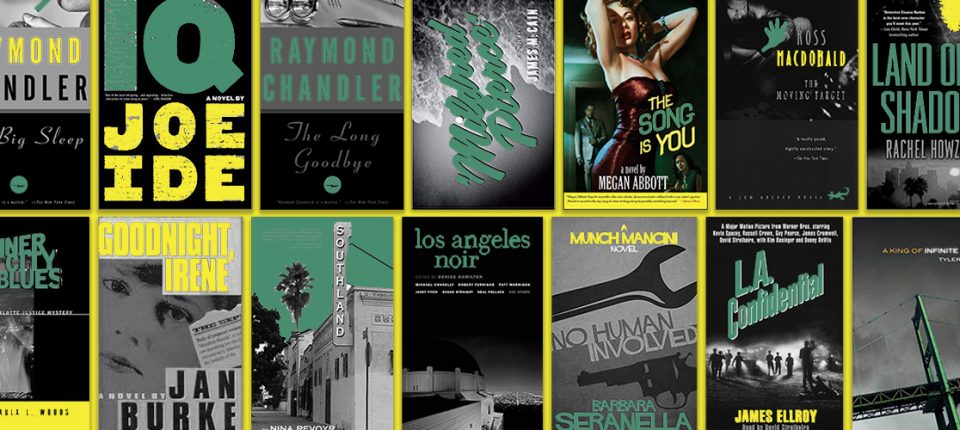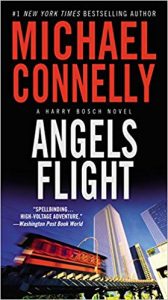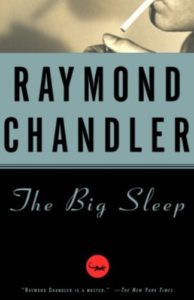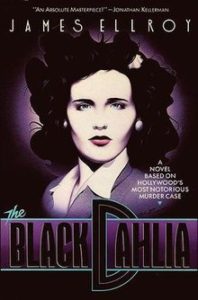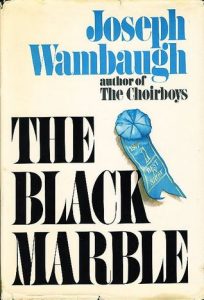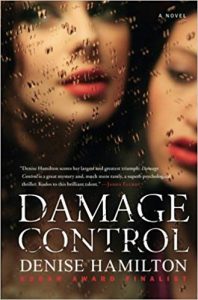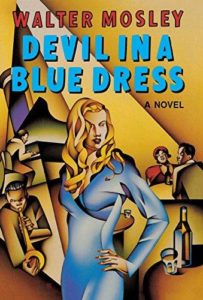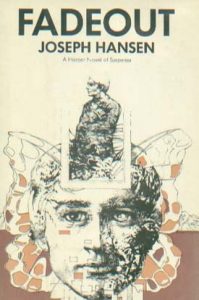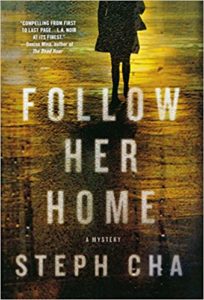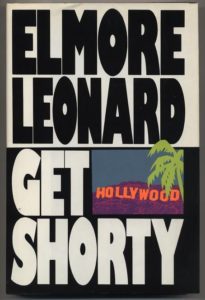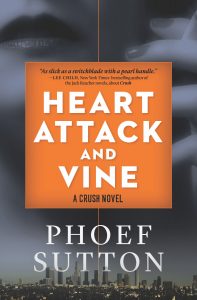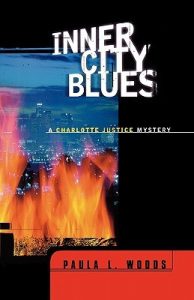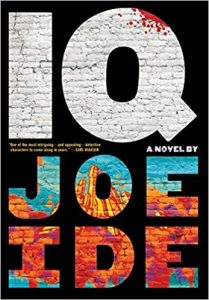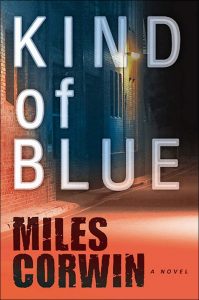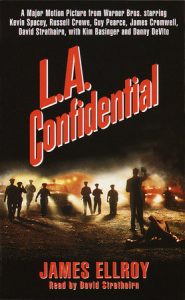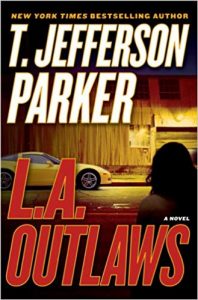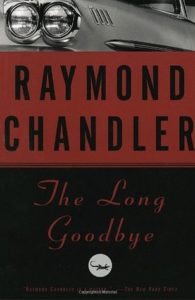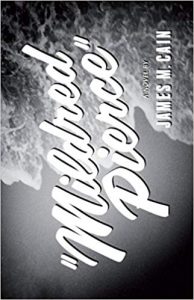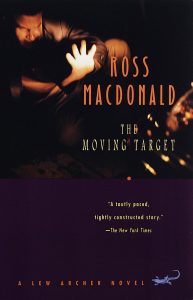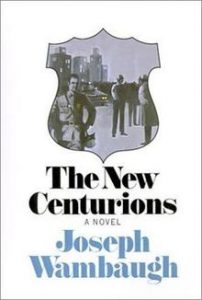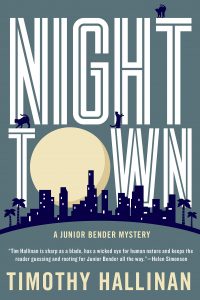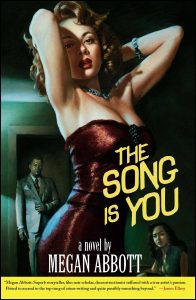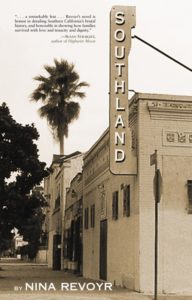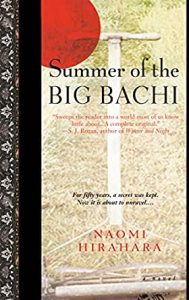Hundreds of outstanding contenders fill L.A. bookstore shelves. This is an excellent beginning.
Angels Flight (Harry Bosch series), Michael Connelly (1999) • Really, you can start with any of the twenty-one novels featuring LAPD homicide detective Bosch, but this is a favorite.
The Big Sleep, Raymond Chandler (1939) • It’s best if you don’t think too much about the complicated plot of this noir classic, which has inspired two movies—just enjoy the ride.
The Black Dahlia, James Ellroy (1987) • This dark novel based on the murder of Elizabeth Short cemented Ellroy’s reputation as a first-rate crime writer.
The Black Marble, Joseph Wambaugh (1977) • Former LAPD detective Wambaugh found big success writing novels based on his experiences; this one has dark humor and became a movie in 1980.
Damage Control, Denise Hamilton (2011) • An L.A. novel set in the high-powered world of crisis management, dealing with politics, celebrity, and, of course, murder.
Dead Extra, Sean Carswell (2019) • Straight-up 1940s L.A. noir, dark and sharp, but written with a modern eye regarding the role of the dames, who really knew the score.
Devil in a Blue Dress, Walter Mosley (1990) • In which we first meet Easy Rawlins, a post-WWII laborer in Watts who loses his job and finds work as a private eye—and who was so good, he was played by Denzel Washington in the movie.
Fadeout, Joseph Hansen (1970) • Fifty years ago, Hansen broke barriers with this series debut about an openly gay insurance investigator, Dave Brandstetter.
Follow Her Home, Steph Cha (2013) • Young first-gen Korean American tutor Juniper Song is obsessed with Raymond Chandler and finds herself in the private-eye game.
Get Shorty, Elmore Leonard (1990) • This story following small-time loan shark Chili Palmer is so smart and funny that it inspired both a hit movie and, more recently, a TV series.
Good Man Gone Bad, Gar Anthony Haywood (2019) • The latest in the award-winning series following South Central private eye Aaron Gunner.
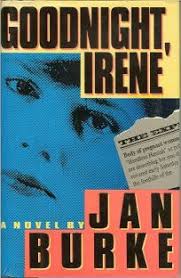
Goodnight, Irene, Jan Burke (1993) • The debut of a strong series built around journalist-turned-publicist Irene Kelly, who has to rely on her old investigation skills when people start dying.
Heart Attack and Vine, Phoef Sutton (2016) • In this second of the Crush novels, Sutton delves into modern-noir territory with a Hollywood story that’s funny and fast moving.
In a Lonely Place, Dorothy B. Hughes (1947) • Ask the most writerly of crime writers whom they most admire, and Hughes tops the list; her postwar classic, says noir novelist Megan Abbott, “is a dark, cold gem.”
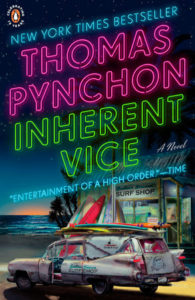
Inherent Vice, Thomas Pynchon (2009) • The surfer-hippie culture of 1970s L.A. comes to life in this darkly funny detective story, which was made into a successful film in 2014.
Inner City Blues, Paula L. Woods (1999) • The 1992 L.A. riots provide the backdrop in this series debut as African American LAPD detective Charlotte Justice investigates the murder of a former radical.
IQ, Joe Ide (2016) • The first of three rollicking reads starring a solitary genius teenager in East Long Beach.
Kind of Blue, Miles Corwin (2010) • A former Los Angeles Times crime reporter successfully turns his writing talent to the story of a jazz-loving, Jewish LAPD detective.
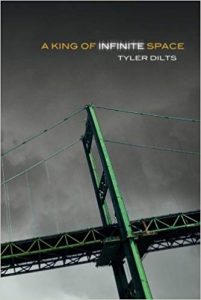
A King of Infinite Space, Tyler Dilts (2010) • The debut of the Long Beach Homicide series, in which an investigation by homicide detective Danny Beckett opens up old wounds.
L.A. Confidential, James Ellroy (1990) • Corruption, sex, and murder intertwine in this hit novel, set in early-1950s L.A.; the film version won a few Oscars.
L.A. Outlaws, T. Jefferson Parker (2008) • L.A. sheriff Charlie Hood is introduced in this expertly plotted, fast-moving crime thriller.
Land of Shadows, Rachel Howzell Hall (2014) • Hall’s deeply engaging protagonist, Elouise Norton, has the nickname “Lockjaw” because of her unwillingness to give up on an investigation, and this debut established her as one of L.A.’s current star fictional detectives.
The Long Goodbye, Raymond Chandler (1953) • The sixth Philip Marlowe novel is one of Chandler’s best and most personal, written while his wife was dying.
Los Angeles Noir, edited by Denise Hamilton (2007) • There are so many good noir short stories that this book got an equally good sequel, but start with this one.
Mildred Pierce, James M. Cain (1941) • Certainly the greatest Glendale novel of all time, and one of the most beloved in the hard-boiled L.A. canon; read the book first, then watch the Joan Crawford movie.
The Moving Target, Ross Macdonald (1949) • Welcome to Lew Archer, one of L.A.’s most memorable protagonists; he ultimately appeared in eighteen novels—which many consider to be the best detective novels ever written. Fun fact: This series debut features the fictional town of Santa Teresa, which Sue Grafton later used for Kinsey Millhone’s hometown.
The New Centurions, Joseph Wambaugh (1971) • This groundbreaking cop novel, written by a former LAPD detective, provided an unusually honest look into police life of the era, and remains every bit as compelling today.
Nighttown, Timothy Hallinan (2018) • A laugh-filled story about a burglar-sleuth named Junior Bender who’s fast becoming one of L.A.’s favorite fictional felons.
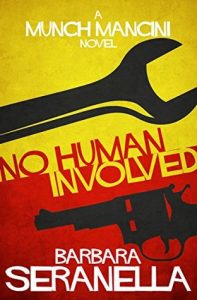
No Human Involved, Barbara Seranella (1997) • Munch Mancini is a fresh L.A. character, an ex-junkie female auto mechanic who flees Venice Beach when she becomes a suspect in the murder of her nasty father.
The Song Is You, Megan Abbott (2007) • Before she turned to psychological thrillers, Abbott did a hell of a job writing super-dark noir, and this one is a standout among standouts, a novel based on the real-life 1949 murder of Jean Spangler.
Southland, Nina Revoyr (2003) • Jumping back and forth from the L.A. of the 1930s, ’40s, ’60s, and ’90s, Southland captures parts of the city’s life that few writers have ever recorded, with a story that keeps the pages turning.
Summer of the Big Bachi, Naomi Hirahara (2004) • The first of Hirahara’s acclaimed Mas Arai series, featuring a doesn’t-say-much Japanese American retired gardener from Altadena who stumbles upon more than his fair share of dead bodies.
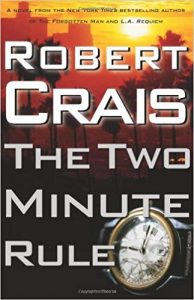
The Two Minute Rule, Robert Crais (2006) • Crais is rightly praised for his Elvis Cole series, but this standalone thriller about a former bank robber investigating the death of his cop son is a page-turner that careens around L.A.
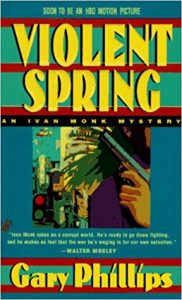
Violent Spring, Gary Phillips (1994) • Wild, freewheeling L.A. noir, set after the 1992 riots, with African American private eye Ivan Monk searching for the killer of a Korean liquor-store owner.
____________________

